
Newsroom
The British teen who was found guilty of lying to Ayia Napa police about being raped is determined to take the case to the Supreme Court while the verdict has fueled even more debate in Cyprus and around the world.
(Click here for an update to the story)
On Monday, a Cypriot judge found the 19-year-old British woman guilty of public mischief, after her defence failed to convince the court in Paralimni that their client had retracted rape allegations under pressure from police investigators.
'The government has complete faith in the judicial system and courtrooms across the Republic of Cyprus, where courts ought to be left alone to uphold state laws and deliver justice'
Judge Michalis Papathanasiou, who did not hand down a sentence on Monday, stated in court that “the defendant gave police a false rape claim, while having full knowledge that this was a lie.”
“The guilt of the accused is proven. She has confessed,” the judge said while delivering the verdict.
Following the guilty verdict, the mother of the defendant told media it was “absolutely astonishing” adding that it would be great injustice if her daughter would get a prison sentence on her sentencing date, which was set for January 7.
The teenager, who insists she was raped by a group of Israeli teens in July, already spent over a month in jail awaiting trial, while she was later released on bail but was not allowed to travel.
A dozen suspects who were arrested after she filed her initial complaint were all detained briefly before traveling back to Israel where they were expected to enlist as officer cadets. None of the Israeli suspects were called to testify in the teen's trial.
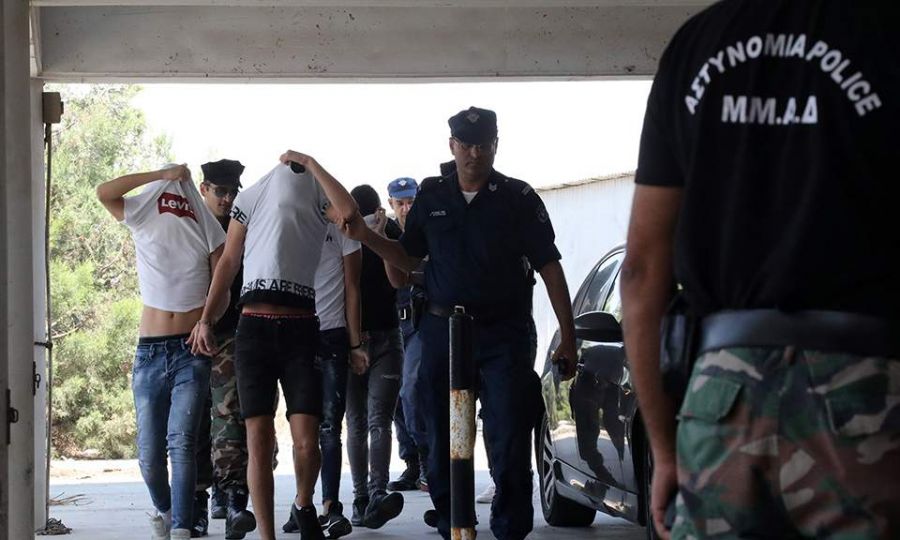
Critics both on the island and abroad were quick to condemn the verdict, including the decision to prosecute the teen in the first place, while an official statement from the government said the administration had faith in Cypriot justice.
Former attorney general Alecos Markides, who spoke on radio, said that the case should have been resolved by August, possibly with a suspension on a guilty verdict, otherwise that the teen should have been allowed to travel home throughout a lengthy trial.
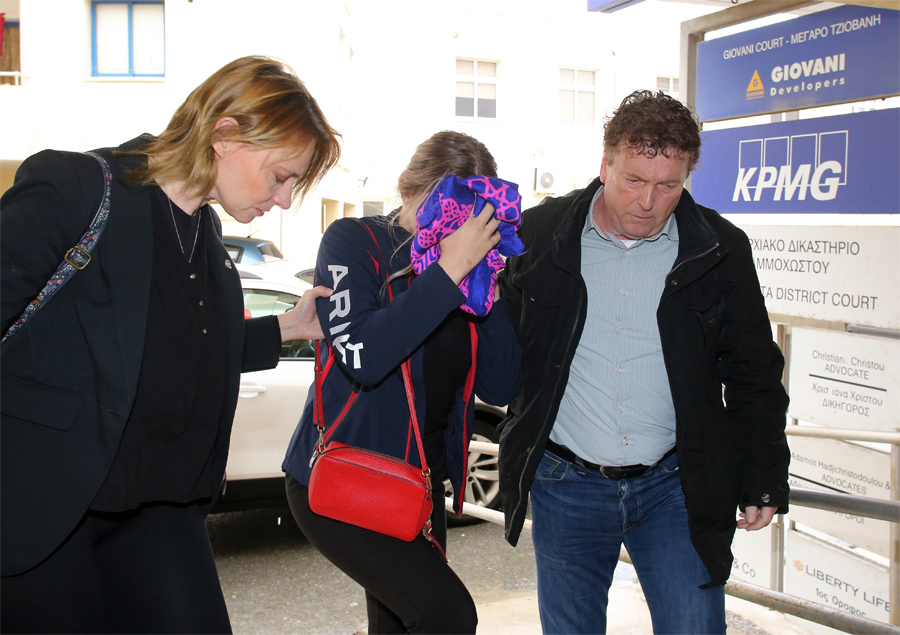
“Is the Cypriot justice system so inflexible that it would not allow some leniency to a 19-year-old girl, who had no prior run-ins with the law and was exposed in a video that she did not circulate herself, and so on, how are we going to justify all this?” Markides said.
The former attorney general also said he had written a letter back in November, calling on current Attorney General Costas Clerides to suspend prosecution in the case due to high publicity and negative impact on tourism.
But Clerides says he let the case go forward after the defendant made serious allegations against police investigators, which had to be adjudicated in a court of law.
“Any interference from me would amount to impeding the process of learning facts as well as amount to obstruction of justice,” Clerides said.
Government Spokesperson Kyriacos Koushos also made a statement, saying the administration does not weigh in on such cases and also does not comment on claims or arguments put forth in cases that are still pending in courts.
“The government has complete faith in the judicial system and courtrooms across the Republic of Cyprus, where courts ought to be left alone to uphold state laws and deliver justice,” Koushos said.
Defence says trial not fair
But defence attorney and human rights lawyer Michael Polak, who represented the British teenager, said he found the conviction “very worrying,” citing a number of technical and legal ramifications.
Polak said the judge would frequently refuse during the trial to consider evidence which supported the fact that the teenager had been raped.
“We have found it incredibly difficult to follow this logic given that an essential element of the [public mischief] offence is for there to be a false statement concerning an imaginary offence and therefore, clearly, if the teenager was raped, she cannot be guilty,” Polak told The Guardian.
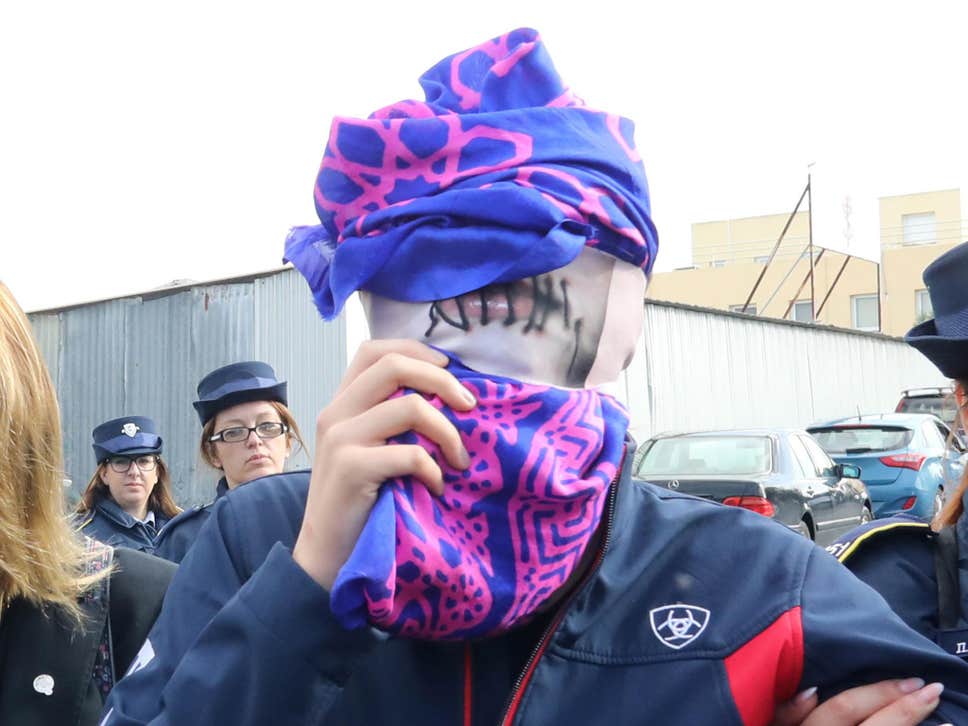
Private forensic pathologist Marios Matsakis, who testified for the defence, also raised questions over court proceedings, saying the judge had already decided there was no rape before the expert witness could testify on the matter.
The judge had ruled in a trial within trial that the teenager had not been coerced by police to retract her statement, after finding the teenager to be unreliable while two expert witnesses, a linguist and a therapist, also testified for the defence in that portion of the trial.
Matsakis was called to the stand after the trial within trial, when he also pointed to irregularities in the rape test kit.
“It was very clear that he was going to reject my testimony, and this is exactly what he ended up doing,” Matsakis said.
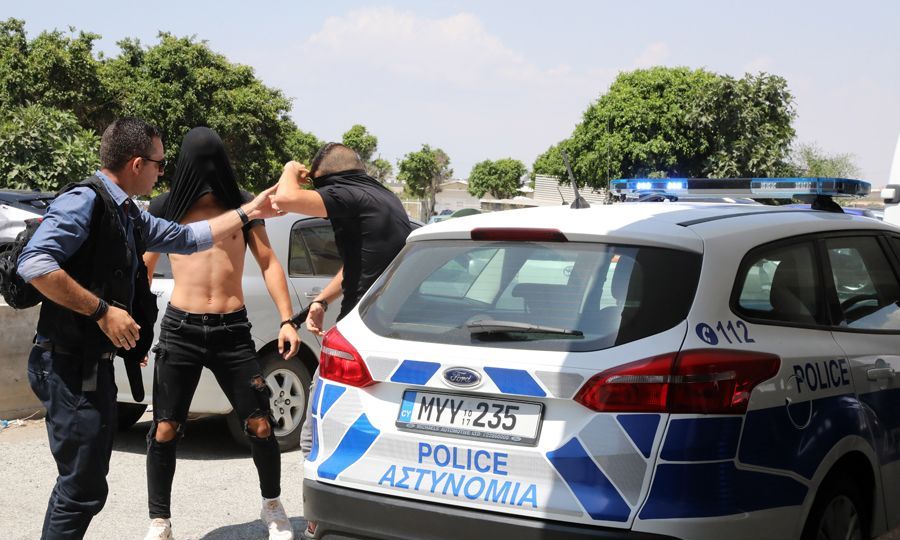
The forensic expert had said in court that he saw evidence consistent with the teenager’s rape claims, while slamming the state forensic pathologist who claimed that non-serious injuries on her body led state authorities to conclude there was no rape.
“How is this a serious thing in the 21st century?” Matsakis wondered, while clarifying that in many cases of rape there are actually no visible injuries.
Matsakis: judge needs to go back to university
“Can a judge not understand this?” Matsakis said, adding that he the judge seemed to disagree with the notion that rape could occur without exerting a lot of physical force or causing serious physical injuries.
“Does he disagree? If so, he needs to go back to university,” he added.
Matsakis also said he felt embarrassed over some behaviour in court, adding that the judge would get upset over mobile phones, raise his voice at the defendant as well as reprimand her “just for turning her head to look at her mother.”
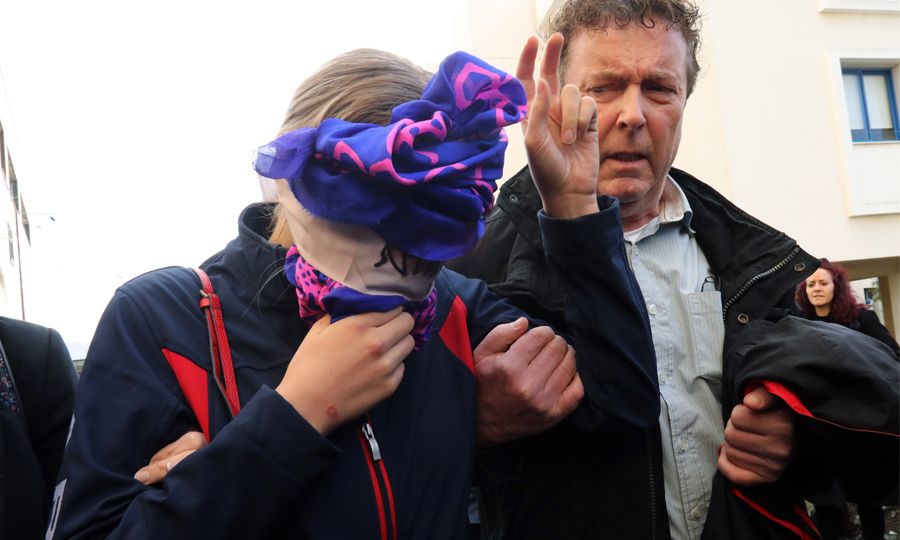
"Not a safe place"
Foreign media have also raised questions over the trial while the mother of the teenager said “the place isn’t safe – it is absolutely not safe.”
“And if you go and report something that’s happened to you, you’re either laughed at, as far as I can tell, or, in the worst case, something like what’s happened to my daughter may happen,” she said.
Twitter reacts with #BoycottCyprus
The mother also reportedly indicated her support for a boycott move against Cyprus. An online effort on Twitter #BoycottCyprus was still trending in the UK, according to social media users, while one user wrote “Dear Cyprus, I hope your tourism industry takes a nose dive.”
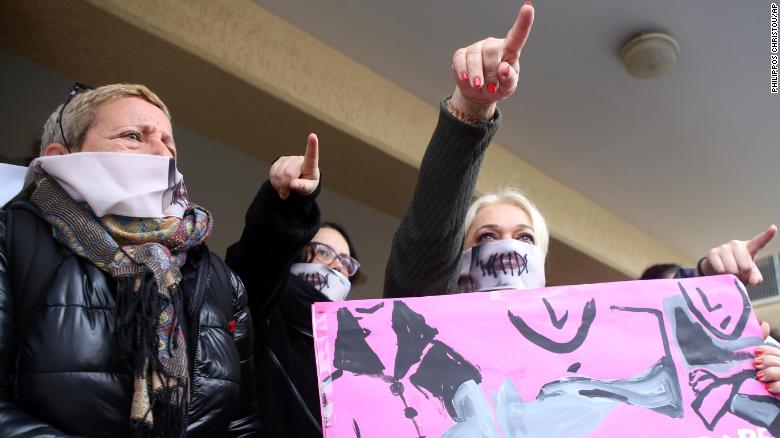
In a rare move, the Foreign and Commonwealth Office spokesperson said in a written statement that London had reservations over the legal proceedings in the Paralimni courtroom.
“The UK is seriously concerned about the fair trial guarantees in this deeply distressing case and we will be raising the issue with the Cypriot authorities,” the spokesperson said on Monday.
Other social media users commented on the issue, ranging from support for the teenager to condemnations for women who lie about rape.
The defence said they would take the case to the Supreme Court, and if that efforts fails, they said they are willing to go all the way to the ECHR. Legal experts in Cyprus said there could be a number of points that can form a basis for an appeal.































